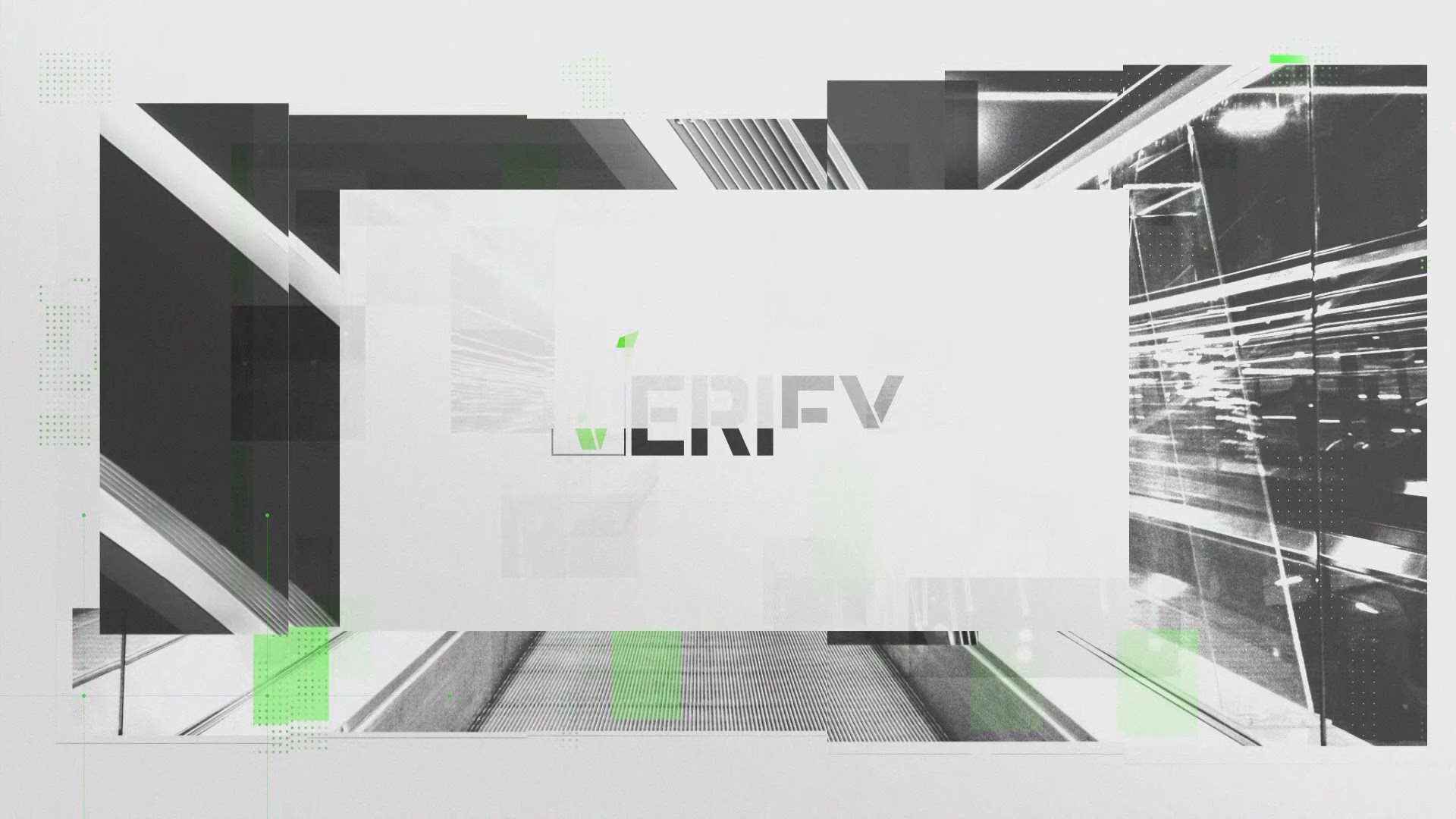CHARLES COUNTY, Md. — Question:
In Maryland, can people unaffiliated with the two big parties cast a vote for judges?
Answer:
No. Primaries for judges are considered to be partisan, and for that reason, there is a nomination process within the Democratic and Republican parties before the general election.
Source:
Donna Duncan, Assistant Deputy for Election Policy at Maryland State Board of Elections
2003 Lawsuit, Suessmann V. Lamone
Process:
With Primary Day set for June 2 in D.C. and Maryland, the Verify team was tackling a viewer question about an upcoming race in Charles County. Edward Erslev, who identified himself as an independent, sent the team an email, asking, "[If] you are an independent, how can you vote for a judicial position?"
Adding to the confusion for many was the fact that the same three candidates were listed on the Democratic ballot and the Republican ballot for this Charles County race.
To get the details, the Verify team spoke with Donna Duncan, the assistant deputy for election policy at the Maryland State Board of Elections.
She said that judicial races have been considered "partisan," ever since a 2003 legal decision, Suessmann V. Lamone. This means that parties are allowed to hold nomination primaries before the General Election.
Here's how the process will play out for this specific race in Charles County.
On June 2, the Democratic Party and the Republican Party will each nominate one of the three candidates for judge. If they select the same candidate, then this will be the sole person moving to the General Election through the primary process.
If each party nominates a different candidate, they will both move to the General Election. During the General Election in November, these candidates will not have a label indicating which party chose them in the primary.
With this information, we can verify that Edward can not vote in the judicial race, as an independent, nor can any voter unaffiliated with the two major parties.

